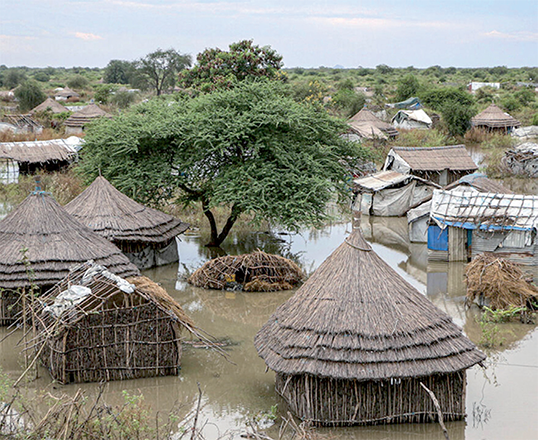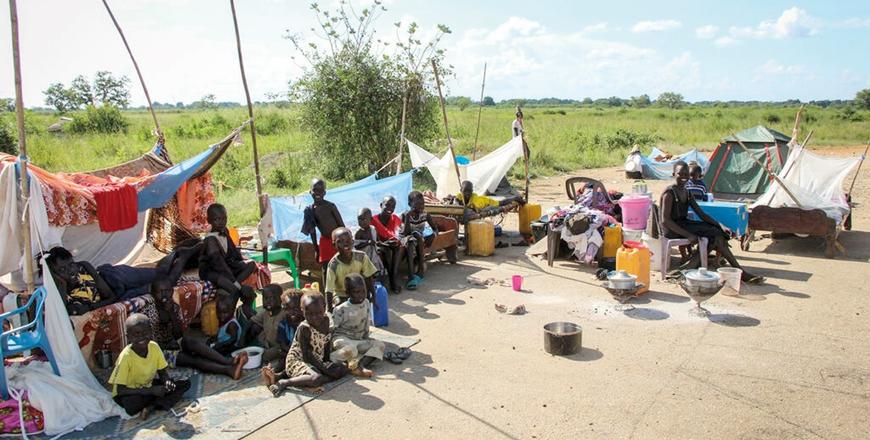You are here
South Sudan dismisses UN report on corruption
By AFP - Sep 27,2021 - Last updated at Sep 27,2021
JUBA — South Sudan’s government said on Monday it was the victim of an “international campaign” as it rejected a UN report accusing the country’s ruling elite of looting tens of millions of dollars from public coffers.
The UN’s Commission on Human Rights in South Sudan warned last week that the plunder risks derailing an already fragile peace process in the world’s newest nation, which has struggled to emerge from five years of civil war following independence in 2011.
The commission said a “staggering” amount of money and other wealth had been diverted from public coffers and resources — more than $73 million (62 million euros) since 2018, with almost $39 million stolen over a period of less than two months.
“This plundering also continues to fuel political competition amongst elites, and is a key driver of the ongoing conflict, violations and serious crimes, jeopardising the prospects for sustainable peace,” it said in a report presented to the UN Human Rights Council in Geneva.
Juba hit back on Monday, with the minister of cabinet affairs, Martin Elia Lomuro, dismissing the report as part of “an international campaign... against this government”.
“These are the organisations that are sponsored not to see political stability in South Sudan and they will move from one thing to the other, from human rights to corruption, from corruption to something else,” Lomuro told AFP.
“This country is sovereign... If the government has mismanaged anything it’s only the people of South Sudan who can hold this government accountable, not external forces,” he added.
The UN report said that the figure of $73 million was only a fraction of the overall amount looted, adding that President Salva Kiir had admitted as far back as 2012 that South Sudan’s ruling elites had diverted more than $4 billion.
It said its investigations revealed the involvement of politicians, government officials, international corporations, military personnel, and multinational banks in these “crimes”.
Related Articles
JUBA — Massive plundering of South Sudan's public coffers is undermining human rights in the world's youngest nation and threatening it
NAIROBI — More than 1.6 million children aged under five will suffer from malnutrition next year in South Sudan, following a surge in waterb
JUBA — More than 7.7 million South Sudanese, around 63 per cent of the population, are facing a food crisis as violence intensifies in the c


















